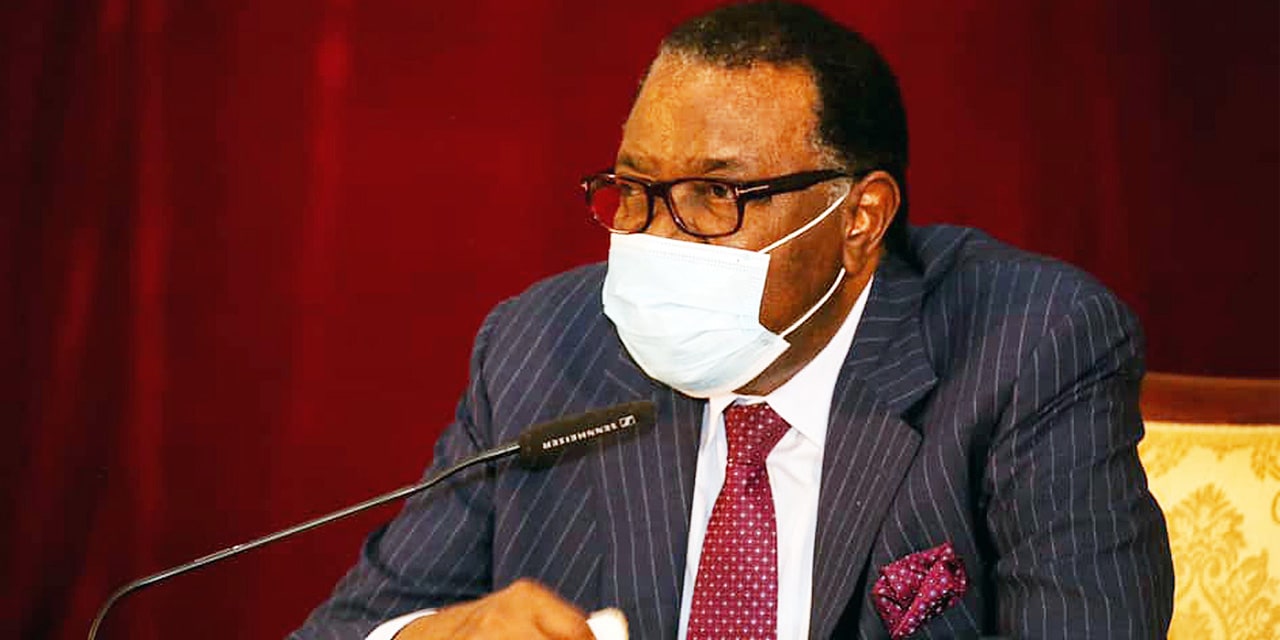Andrew Kathindi
Amidst warnings of a second COVID-19 wave, President Hage Geingob has announced a relaxation of regulations compared to those initially put in place under the provisions of the Public and Environmental Health Act on 23 September until 21 October.
These new measures will come into effect from 22 October until midnight 30 November and will apply to all regions.
Under the new regulations, the number of people allowed at public gatherings will be increased from 50 to a maximum of 200 people. Restrictions on public and private transport operators have also been lifted, meaning that the number of passengers that can be carried in vehicle has gone back to pre-COVID regulations. However, drivers, passengers and operators are required to continue taking the necessary precautions.
“Namibia will continue to harmonize the re-opening of borders and resumption of full economic and social activities. To this end, Namibia will gradually re-open borders on reciprocal basis and resume social activities including contact sport activities; face-to-face instruction for tertiary institutions and schools where social distancing is feasible,” said Geingob.
The President also noted that travelers (including tourists, business travelers and all Namibians and Permit Holders) who arrive in the country with a negative PCR test result, that is not older than 72 hours, will be permitted to proceed to their destination without the mandatory 5-day retest that was previously required.
Travelers with a negative PCR test result older than 72 hours but not older than 7 days, will however be required to undergo 7-days supervised quarantine at home or tourism facility.
Returning Namibian citizens or Permit Holders may enter the country with or without a COVID-19 PCR test result, however they will be subject to mandatory quarantine and testing where there is no result or the result is positive.
“The Ministry of Health and Social Services will deploy additional fulltime Port Health Officers at targeted Ports of Entry, especially those with the highest travel traffic.”
The President argued that the recent decline in positive COVID-19 cases led to the decision.
“It is also worth noting that, nationally, we have experienced a 61 percent reduction in the number of new cases. Over the last four weeks, 12 out the 14 regions have either reported a reduction in the number of cases or no cases at all,” he said.
Health Minister Kalumbi Shangula said that as the borders open up, it is important to strengthen Port Health Services and management as part of the new approach to COVID-19 response.
“Close monitoring and tracking of the global and local COVID-19 pandemic are critical to protect the investments made in the last 6-7 months. Hence, as a country, we will develop Early Warning Indicators to allow for early recognition of a possible second wave. These indicators include, but are not limited to high positivity ratio in specific geographic areas, and increase in hospitalizations due to respiratory-related conditions,” Shangula said.
The Minister further said that a communication strategy on the COVID-19 vaccine will soon be rolled out.
“Interactions are ongoing with the COVAX Facility to ensure that Namibians will have access to a safe vaccine when it comes out.”
Namibia currently has 12,367 confirmed cases and 132 deaths.




